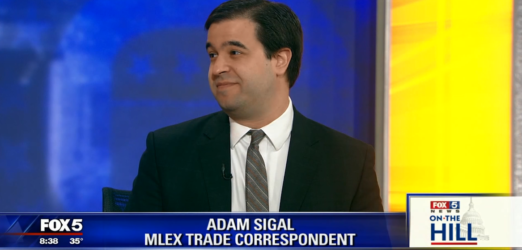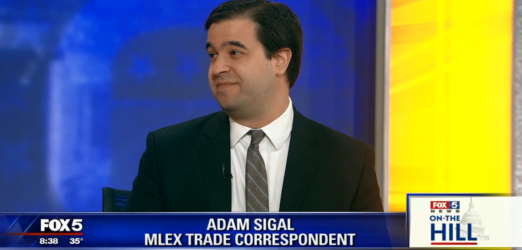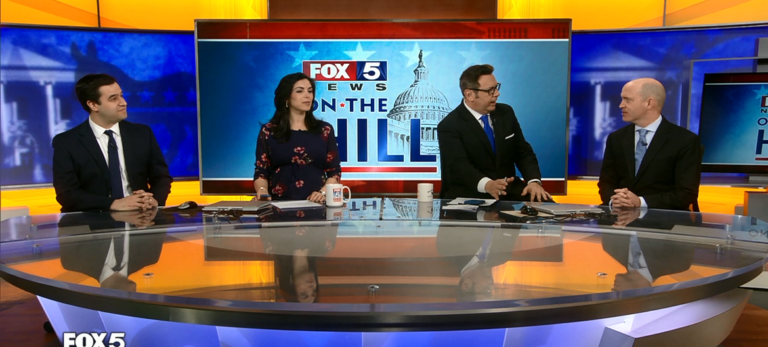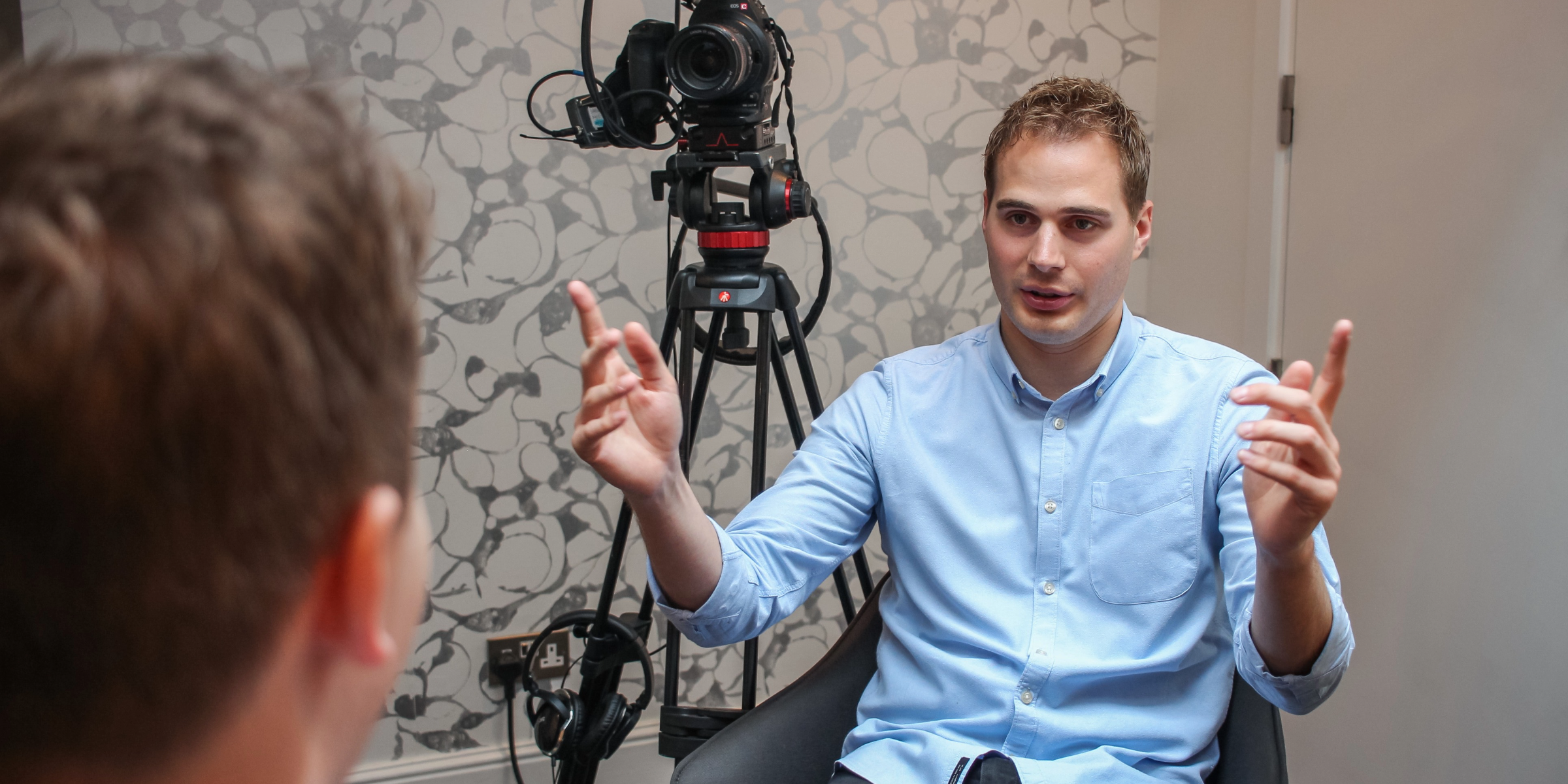Securing overseas coverage for clients is becoming much more prevalent and often the icing on the cake off the back of a successful UK campaign. Many clients have an EMEA and global brief too and selling in to international broadcasters is increasingly a requirement.
We support many of our clients with international media relations – this is typically via the London based offices of pan European/Global broadcasters like BBC World, CNN, CNBC, APTN etc or we can sell in to specific territories. In Hong Kong we have strong relationships with broadcasters (one of our team was based there as a TV journalist) including CNN, BBC, CNBC, RTHK, Asia TV and TVB.
It’s a welcome challenge for our media relations team and recently we’ve sold in to America, Europe and China. We supported Carnival Cruises to promote a UK government-backed maritime trade mission to China using Cunard’s flagship Queen Mary 2 to woo local business leaders. We secured live TV and radio from Hong Kong on CNN, BBC world service radio and TV. Selling in internationally has its obstacles, language and time zones are obvious barriers but we like to share our knowledge, so here is an overview of our top tips and advice on issues you may have to overcome before you start dialling that international code.





